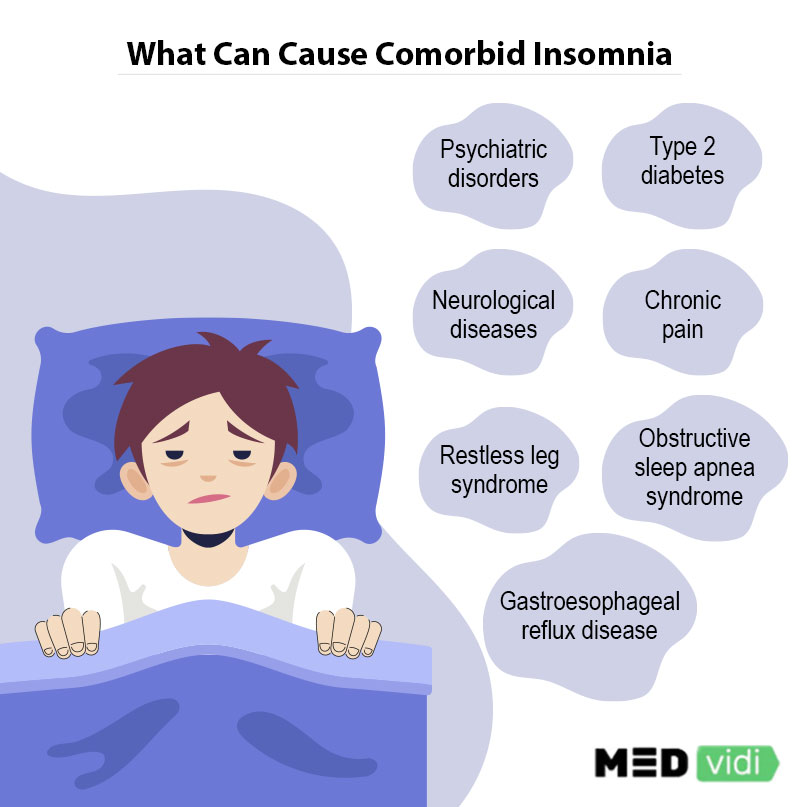Importance of Quality Sleep
Factors affecting quality sleep
Quality sleep is crucial for overall health and well-being, affecting physical, mental, and emotional functioning. Several factors can influence the quality of sleep, including stress levels, room environment, bedtime routine, and screen time before bed.
Benefits of a good night’s rest
A good night’s rest is essential for optimal cognitive function, mood regulation, and immune system support. Quality sleep also promotes better concentration, memory retention, and overall productivity throughout the day. It plays a vital role in maintaining a healthy lifestyle and reducing the risk of various chronic health conditions.

Understanding Sleep Cycles
Stages of sleep
Quality sleep consists of different stages, including light sleep, deep sleep, and REM (rapid eye movement) sleep. Each stage plays a crucial role in overall restorative function, with deep sleep aiding physical recovery and REM sleep supporting cognitive processes like learning and memory consolidation.
Impact of sleep cycles on overall health
The proper progression through these sleep cycles is vital for optimal health. Disruptions in sleep cycles can lead to fatigue, impaired cognitive function, mood disturbances, and weakened immune responses. Understanding and prioritizing quality sleep can significantly improve overall well-being and daily performance.

Common Sleep Disorders
Insomnia and its causes
Quality sleep is often disrupted by insomnia, a common sleep disorder characterized by difficulty falling asleep or staying asleep. Causes of insomnia can range from stress, poor sleep habits, or underlying health conditions. Addressing these factors through relaxation techniques, improved sleep hygiene, or medical intervention can help manage insomnia effectively.
Sleep apnea and treatment options
Sleep apnea is another prevalent sleep disorder where breathing repeatedly stops and starts during sleep. This condition can lead to poor sleep quality and increased health risks. Treatment options for sleep apnea may include lifestyle changes, continuous positive airway pressure (CPAP) therapy, or surgical procedures to alleviate symptoms and promote better sleep patterns.

Creating a Sleep-Friendly Environment
Optimal bedroom conditions for better sleep
Quality sleep requires a conducive environment. Optimal bedroom conditions include keeping the room cool, dark, and quiet to promote uninterrupted rest. Investing in a comfortable mattress and pillows, as well as ensuring good air quality, can further enhance sleep quality.
Incorporating relaxation techniques before bedtime
Relaxation techniques play a crucial role in preparing the body for sleep. Activities such as reading a book, taking a warm bath, or practicing deep breathing exercises can help calm the mind and signal to the body that it’s time to wind down. By incorporating these techniques into a bedtime routine, individuals can improve their overall sleep experience.

Healthy Sleep Habits
Establishing a consistent sleep schedule
Creating a consistent sleep schedule is essential for maintaining healthy sleep habits. Going to bed and waking up at the same time each day helps regulate the body’s internal clock, making it easier to fall asleep and wake up naturally. By establishing a routine, individuals can enhance the quality and duration of their sleep, leading to improved overall well-being.
Balancing exercise, diet, and sleep
Maintaining a balance between exercise, diet, and sleep is key to promoting healthy sleep habits. Engaging in regular physical activity can help reduce stress and promote better sleep quality. Additionally, adopting a balanced diet that includes sleep-promoting foods and avoiding stimulants close to bedtime can contribute to a restful night’s sleep. By prioritizing these aspects of well-being, individuals can optimize their sleep health and enhance their overall quality of life.





